Hope. Betrayal. Angst. Struggle. For decades, the rise and fall, and the recent revival of McCluskieganj, the Anglo-Indian ‘dream’, has intrigued several researchers. Writer Vikas Kumar Jha weaves fact with fiction in a brilliant rediscovery of a search for identity, tucked away in Jharkhand
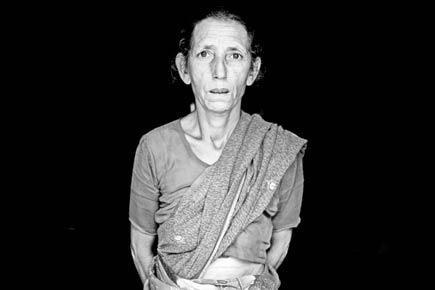

![]() Q. Why did McCluskieganj intrigue you to write this novel?
Q. Why did McCluskieganj intrigue you to write this novel?
A. It was an impulse. Two decades ago, I went to McCluskieganj for a reporting assignment on the only Anglo-Indian village in the world. I realised this village and its people deserve more than a report. Their stories, contradictions, their pain and sense of longing inspired and intrigued me.
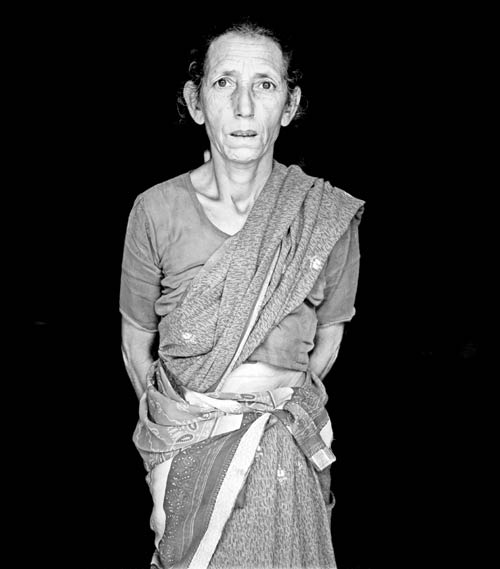
Kitty Texeira, better known as Kitty Memsahib, is one of McCluskieganj’s most familiar residents. Her story is symbolic of this village’s existence since it was envisioned. Pic courtesy/Brijesh Patel
ADVERTISEMENT
The village chose me to write its story. I have been going to this village for twenty years now, and this village became my childhood friend. It reminded me of my village. Migration is everywhere but the pain of migration in McCluskieganj was something else as it questioned their sense of identity.
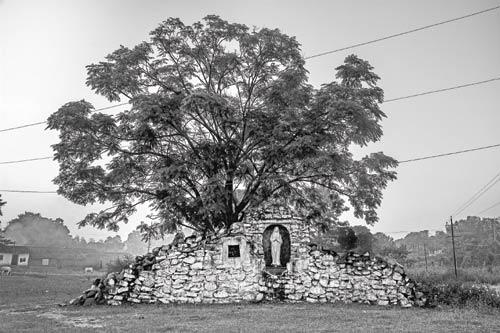
A grotto of Mother Mary at McCluskie-ganj. Vikas Kumar Jha believes that village and the Anglo-Indian community taught him to never give up and fight all odds
Every man who has a village will relate to this beautiful village. The village is a paradigm of collective memory and productive nostalgia.
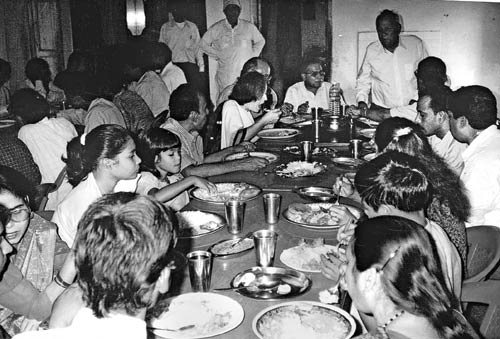
A party at the ‘Ganj’. The book won the Katha UK Award 2011 in the House of Commons
Q. Do you believe that certain factors could have changed the slide/exodus of people from McCluskieganj? And if so, would the rest of India’s perception about the community have changed?
A. When Mr McCluskie with his friends formed the village, his dream was to make it the “Goddess of Agriculture”. Later, farmhouses were built, and lands were developed with a variety of trees. Had the dream turned into reality, this village would have been a model village not only in India but globally too.
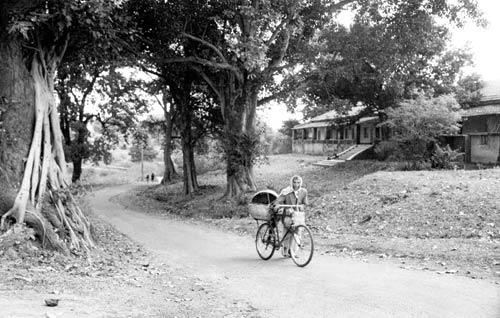
A cyclist passing by the front road of Highland Guest House of McCluskieganj
Sadly, its people couldn’t take the dream ahead; otherwise, its image in terms of agriculture, education and culture would’ve been different, and the village would have evolved socially, economically and culturally. With the migration of the new generation, the village became a ghost town.
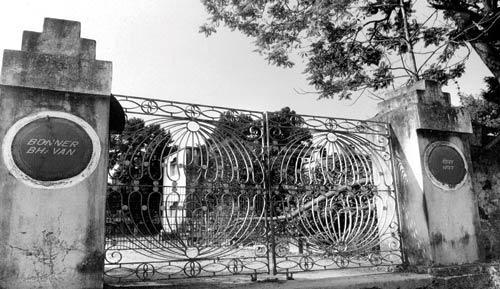
Bonner Bhavan was a landmark inside the village, and was known for its well-maintained home and garden
But, one needs to thank Alfred Rozario, the nominated Anglo-Indian MLA in the 1990’s, who runs Don Bosco Boys Academy in Patna. He gave a life to this dying village by starting this academy in McCluskieganj with the support of the former Anglo-Indian MLA of Bihar, Hector Angus Brown, and other friends.
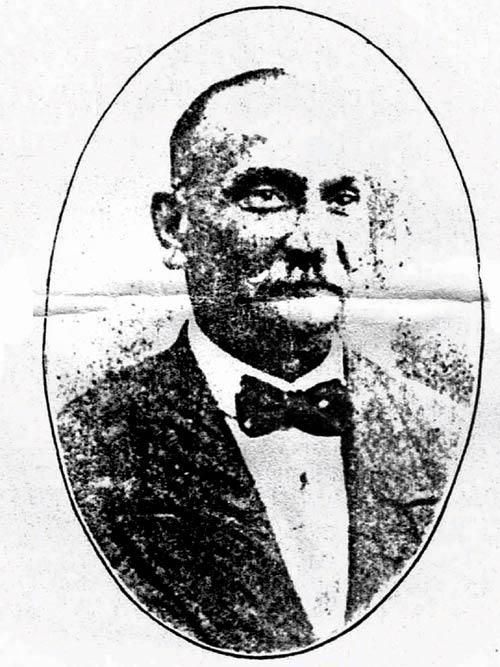
ET McCluskie, founder of McCluskieganj
He also introduced a PG accommodation hostel in the homes of Anglo-Indians. This tackled loneliness and the financial crisis of many families, and became a stable tradition. Ganj is now a hub for education and tourism. About 1,200 families came from across India to settle here, and despite this exodus, the Ganj rose from the ashes, like a phoenix.
Q. After having interacted with Anglo-Indians across age groups and sensibilities, do you believe that the community has come to with its identity or are they in no man’s land?
A. The village is a magical portrait in the realistic world. The Anglo-Indian community after so decades of struggle, contradictions and survival, has definitely come to terms with their identity and they have established themselves with pride, culture and respect.
This community has made its name in literature, art, culture, medicine media, and they are a significant part of the Indian society.
Internally, this community is traditional, despite their outward image of being modern. Their cultural patterns, their festivals, their idea of women empowerment are proof; they continue to evolve with time.
Q. What were some of the challenges that you faced while weaving fact with fiction?
A. McCluskieganj is different from Gabriel García Márquez’s Macondo and RK Narayan’s Malgudi. This village is real and at times, reality is bigger than imagination. Yet, placed in a fictional genre, it is a real-life novel. You can go to this place and live these characters since 90% of them are real, and their stories are mentioned in the novel.
However, some characters are fictional, and I blended a few fictional characters with real ones to live my dream for this village. I wove a world with both, and I want to see this village in a golden tone similar to Mr McCluskie’s idea of this village.
The hero, Robin McGowan is a blend of my inner self and Mr McCluskie who wanted to bring back his village to life. We need a bunch of Robins as every village in India is turning into a sad Ganj. We have to bring happiness to our villages.
 Subscribe today by clicking the link and stay updated with the latest news!" Click here!
Subscribe today by clicking the link and stay updated with the latest news!" Click here!







